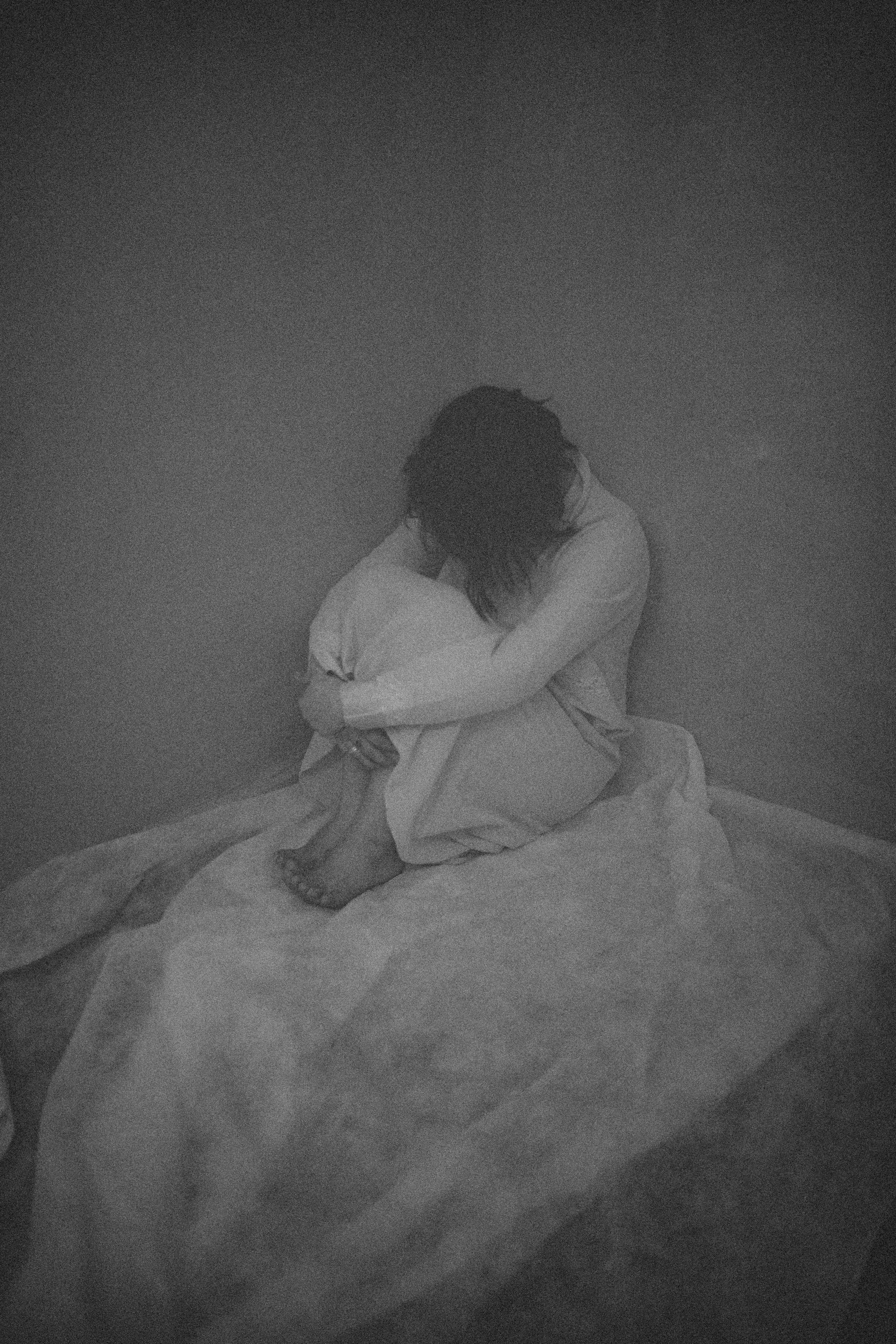Mental Health
Major Depressive Disorder: What are its Symptoms, Causes, and Treatment?
By S.I. (staff writer) , published on July 21, 2023

Medicine Telehealth Health anxiety depression
What is Major Depressive Disorder (MDD)?
Major depressive disorder (MDD), commonly referred to as depression, is a serious mental health condition characterized by persistent feelings of sadness, hopelessness, and a loss of interest or pleasure in daily activities. It affects millions of people worldwide and can significantly impact a person's quality of life.
Causes of Major Depressive Disorder:
The exact causes of major depressive disorder are complex and multifactorial. Multiple factors contribute to its development, including:
- Biological Factors: Imbalances in certain brain chemicals, such as serotonin, norepinephrine, and dopamine, play a role in the development of major depressive disorder. Genetic factors can also increase the risk of developing depression.
- Environmental Factors: Experiences of trauma, abuse, neglect, or significant life changes, such as the loss of a loved one, can trigger or contribute to the development of major depressive disorder. Chronic stress and social isolation can also impact one's vulnerability to depression [1].
- Medical Conditions: Certain medical conditions, such as chronic pain, hormonal imbalances, or neurological disorders, can coexist with or contribute to major depressive disorder.
Symptoms of Major Depressive Disorder:
The symptoms of major depressive disorder can vary in severity and may include:
- Persistent feelings of sadness, emptiness, or hopelessness
- Loss of interest or pleasure in previously enjoyed activities
- Changes in appetite and weight, either significant weight loss or weight gain
- Sleep disturbances, such as insomnia or excessive sleep
- Fatigue or loss of energy
- Feelings of worthlessness or excessive guilt
- Difficulty concentrating or making decisions
- Recurrent thoughts of death or suicide
It is important to note that not everyone with major depressive disorder experiences all of these symptoms, and the severity and duration of symptoms can vary among individuals.
Diagnosis of Major Depressive Disorder:
Diagnosing major depressive disorder involves a comprehensive evaluation conducted by a mental health professional. They assess the presence and severity of symptoms, duration, and impact on daily functioning. Diagnostic criteria outlined in the Diagnostic and Statistical Manual of Mental Disorders (DSM-5) are used to guide the diagnosis.
Treatment of Major Depressive Disorder:
The treatment of major depressive disorder often involves a combination of therapies, including [2]:
- Psychotherapy: Various forms of therapy, such as cognitive-behavioural therapy (CBT) or interpersonal therapy (IPT), can help individuals identify and modify negative thought patterns, develop coping strategies, and improve problem-solving skills [3].
- Medication: Antidepressant medications, such as selective serotonin reuptake inhibitors (SSRIs) or serotonin-norepinephrine reuptake inhibitors (SNRIs), may be prescribed to help balance brain chemicals and alleviate symptoms [4].
- Lifestyle Changes: Engaging in regular physical exercise, maintaining a healthy diet, getting adequate sleep, and avoiding substance abuse can contribute to the overall management of major depressive disorder.
- Support Network: Building a strong support network of family, and friends, or participating in support groups can provide emotional support and reduce feelings of isolation.
References:
- https://academic.oup.com/aje/article/176/1/52/132093?login=false
- https://www.ncbi.nlm.nih.gov/pmc/articles/PMC8610877/
- https://www.ncbi.nlm.nih.gov/pmc/articles/PMC5709536/
- https://bmcpsychiatry.biomedcentral.com/articles/10.1186/s12888-016-1173-2?fd=5919341930653900|5317710456904024&lp=/stopping-SSRI-use-libido
Find articles related to: Medicine Telehealth Health anxiety depression
More articles about Mental Health
Back to the Health Tips Index




